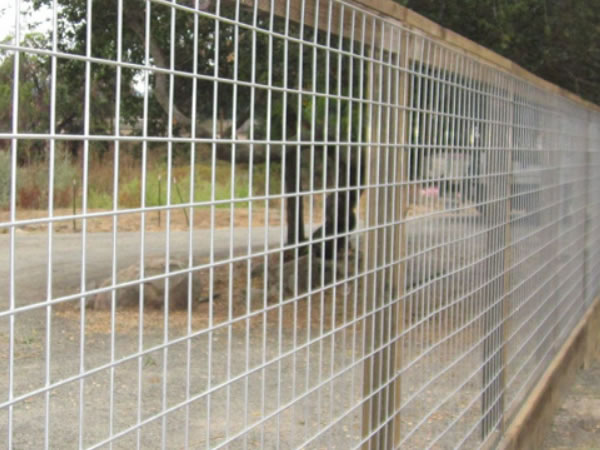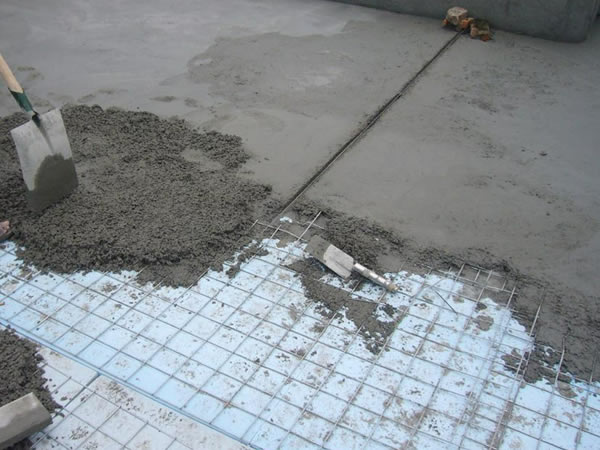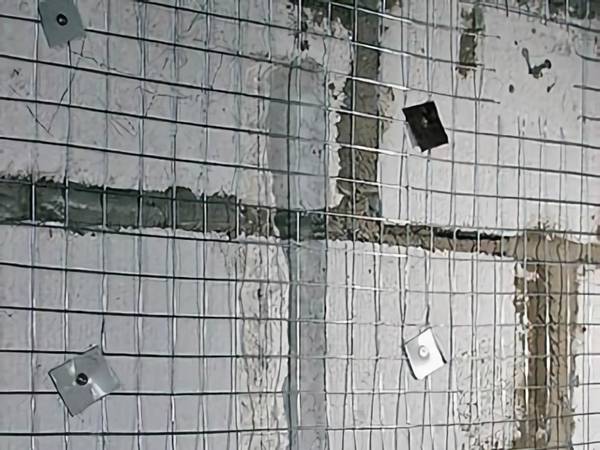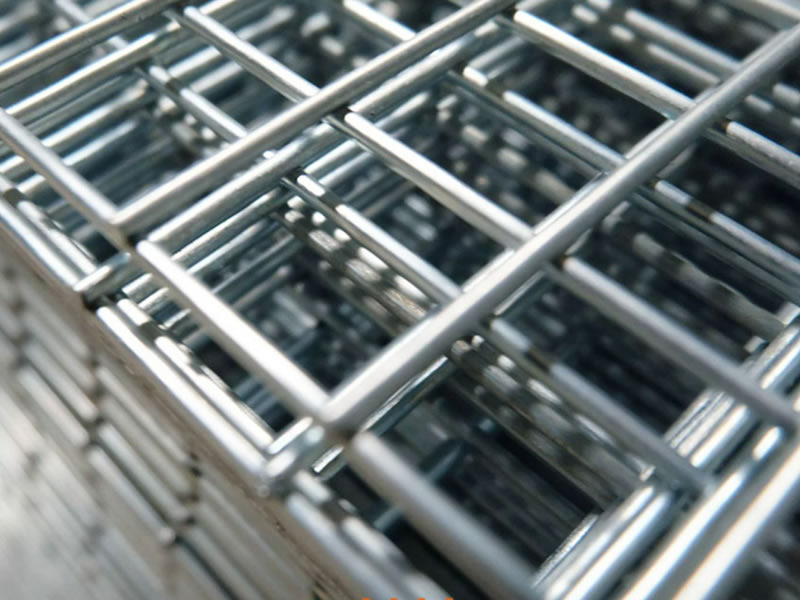Galvanized welded wire mesh panels, created by welding pre-galvanized steel wire or by welding plain steel wire and then galvanizing the entire mesh, are versatile products used widely in industries, construction, roads, public facilities, and farm fencing. Galvanizing, a cost-effective method to prevent rust, can be applied before or after fabricating the wire mesh.
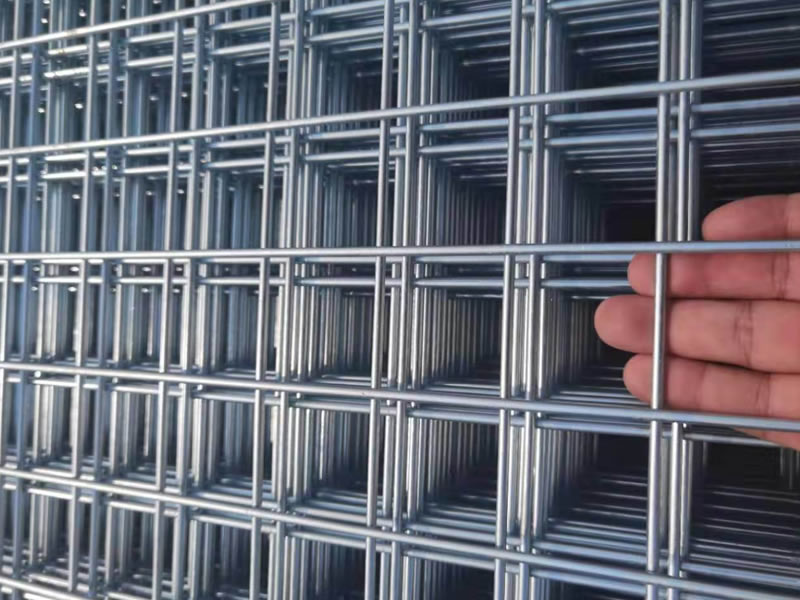
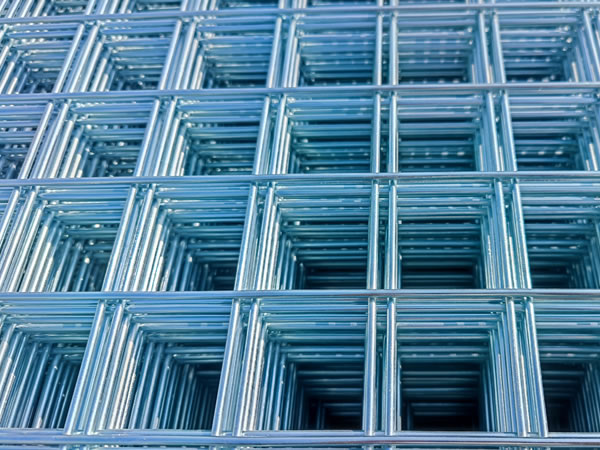
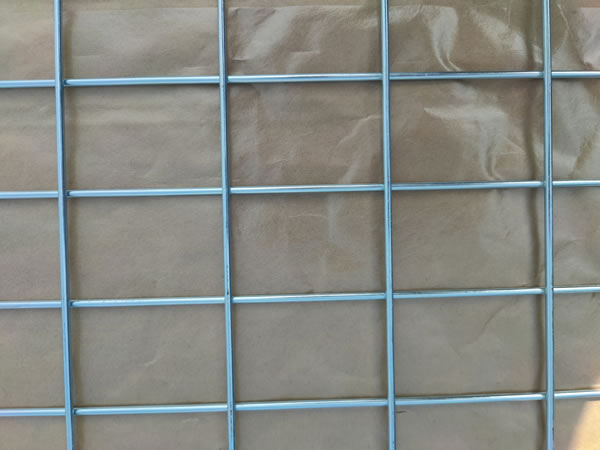
Types
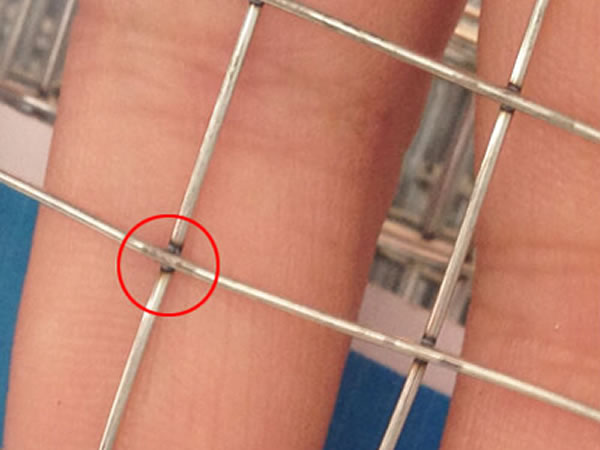
Galvanized Before Welding(GBW)
This method involves galvanizing the wire before it is welded into panels, making it more cost-effective. While it reduces production costs, the downside is that the welding process can damage the zinc coating at the wire intersections. This damage compromises corrosion resistance, causing these points to be prone to rust and weakening over time.
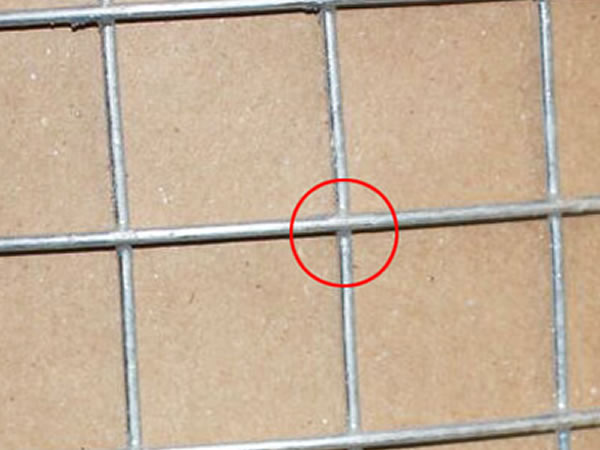
Galvanized After Welding(GAW)
This approach involves welding the steel wire into mesh panels first and then submerging the entire panel in a molten zinc bath. This comprehensive coating covers the entire surface, including weld points, offering superior corrosion resistance and enhanced durability against environmental elements. However, this method is more costly than pre-weld galvanization due to the additional processing steps and materials needed.
Specification
Galvanized Welded Wire Mesh Panels come in a variety of mesh sizes and wire gauges to suit diverse application needs.
Mesh Sizes and Wire Gauges
- 1/4″ x 1/4″ (6.4mm x 6.4mm): Available in wire gauges 22, 23, and 24, this fine mesh size is suitable for small enclosures and detailed applications.
- 3/8″ x 3/8″ (10.6mm x 10.6mm): Offered in gauges 19, 20, 21, and 22, making it ideal for medium-security applications such as protective screens.
- 1/2″ x 1/2″ (12.7mm x 12.7mm): This versatile mesh size comes in wire gauges ranging from 16 to 23, fitting a wide range of uses from garden fences to security barriers.
- 5/8″ x 5/8″ (16mm x 16mm): With gauges 18, 19, 20, and 21, these panels are commonly used in robust partitions and racks.
- 3/4″ x 3/4″ (19.1mm x 19.1mm): Available in gauges 16 to 21, suitable for more substantial fencing needs in both commercial and residential properties.
- 1″ x 1/2″ (25.4mm x 12.7mm): These panels are crafted in gauges 16 to 21, often used in cages and in architectural applications for aesthetic designs.
- 1-1/2″ x 1-1/2″ (38mm x 38mm): Strong and durable with gauges ranging from 14 to 19, ideal for heavy-duty enclosures and security fencing.
- 1″ x 2″ (25.4mm x 50.8mm): This rectangular mesh size is available in gauges 14, 15, and 16, perfect for long-span applications like ceiling nets and shelving.
- 2″ x 2″ (50.8mm x 50.8mm): The largest mesh size provided in heavier gauges 12, 13, and 14, suitable for large area enclosures and heavy load applications.
Each mesh size and wire gauge combination can be tailored in terms of dimensions to fit specific project requirements.
Width
- 18 inches (457 mm): Ideal for smaller applications such as small animal cages and decorative garden fencing.
- 24 inches (610 mm): Commonly used for medium-sized projects, including residential garden barriers and partition screens.
- 30 inches (762 mm): Suitable for larger enclosure projects or as part of construction safety barriers.
- 36 inches (914 mm): Often chosen for commercial fencing projects or as machinery guards in industrial environments.
- 48 inches (1,219 mm): A versatile width that is frequently used in both commercial and industrial applications where substantial coverage is necessary.
- 60 inches (1,524 mm): Preferred for extensive industrial fencing needs and large agricultural enclosures.
- 72 inches (1,829 mm): The widest standard option, ideal for high-security fencing requirements and large commercial projects where maximum area coverage is essential.
Applications
- Enclosures and Fencing: Ideal for security enclosures, farm fences, and garden barriers, these panels offer reliable protection and can be sized according to specific needs.
- Animal Cages and Aviary Mesh: Frequently used for constructing poultry cages and aviaries, with mesh sizes tailored to prevent escape and ensure safety.
- Handrail Infill Panels: Commonly installed as safety infills in handrails and balconies, these panels are customized to fit and enhance safety.
- Safety Guards: Employed in industrial settings to safeguard machinery and personnel, these panels can be designed to fit various equipment dimensions.
- Construction Reinforcement: Used in reinforcing concrete for construction projects, improving strength and durability of structures like buildings and roads.
- Plaster Mesh: Applied in plastering to increase crack resistance and provide additional structural support.
